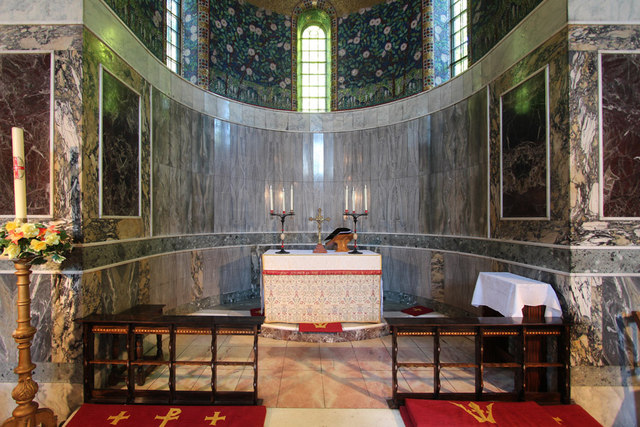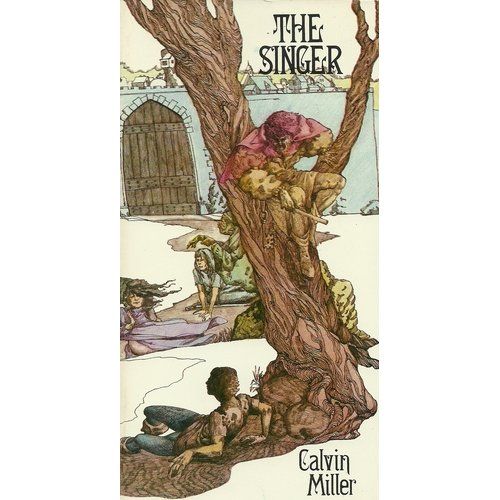
(c) John Salmon and licensed foe reuse under Creative Commons.
Today’s hymn from Sing Praise is ‘God in his wisdom’ by Timothy Dudley-Smith. This is the first of seven that I picked whose first lines suggest they align with the theme of the day, for each of the seven days before Christmas Eve is traditionally associated with one of the titles or characteristics of Christ. Today is known as ‘O Sapientia’, meaning wisdom.
The words of the hymn pick up the association between Christ the Wisdom of God, and the Word of God. This term in itself has a dual meaning. One is the written words of the Bible, more or less unchangeable, in so far as its contents were decided in the early centuries after Jesus. This was a human decision, in selecting which books to include, but we trust that the selectors as well as the original writers and later translators were inspired by the Holy Spirit.
The other sense of the term is Jesus Christ himself, incarnation of the ‘Logos’ or Word of God, who while never contradicting himself will adapt his words to meet the needs of the moment. True wisdom is never just a set of rules, but a just and fair interpretation of them. Sometimes one branch of the church will emphasise one to the relative exclusion of the other, but neither a rigid literal interpretation of the Bible nor an attitude that it can be ignored or changed at will is true to the Christian understanding of wisdom.
The hymn words try to strike this balance, presenting the Bible as the ‘promise of Christ by which our souls are moved and stirred’ and Jesus as portraying the love of God through the Bible’s ‘symbol and story, song and saying’. We are invited to contemplate the Bible to know Christ through it, not to adore it in itself. Peter Moger’s choice of the tune ‘Fragrance’ is appropriate, as it is usually associated with the hymn ‘Thou who wast rich beyond all splendour’, another hymn to Jesus as God’s messenger to humanity.
The illustration today is of the sanctuary of the wonderfully named Church of Jesus Christ the Wisdom of God, Lower Kingswood, Surrey. The Grade I listed building is pretty enough outside but its real treasures are within. Uniquely in England, its basilica-style interior is filled with genuine marbles and mosaics from ancient Rome and Byzantium, including part of a church excavated in ancient Ephesus. To touch this connects us with the Church that was debating around the 4th century AD which writings should be included in the Bible, a question that is still revisited from time to time, though not concerning the Gospels that are at the heart of it.
